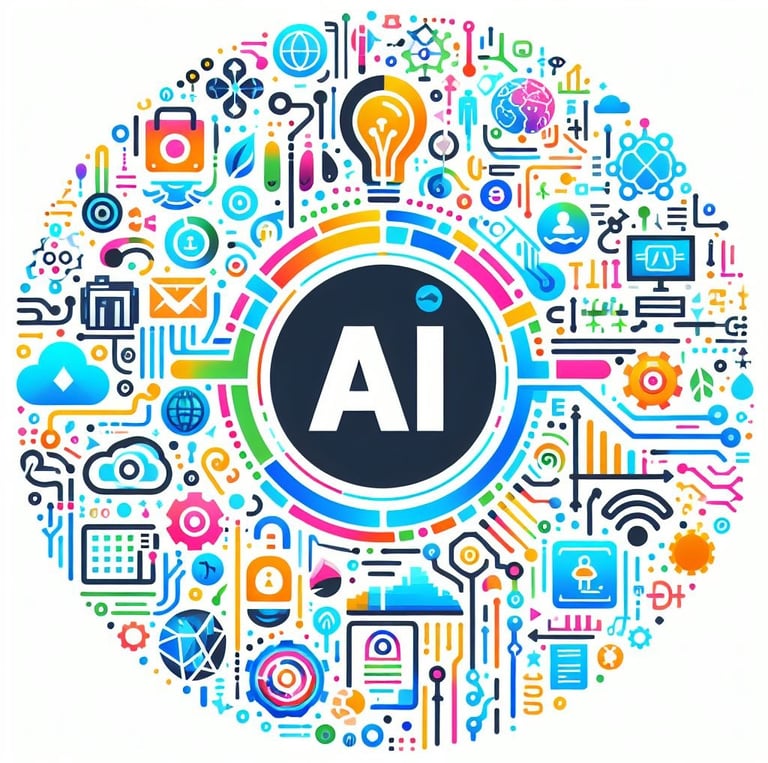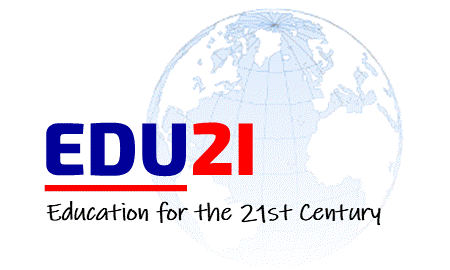The AI Potential for Transformation
Artificial intelligence (AI) holds the potential to transform every aspect of life, fostering a more united, equitable, and regenerative world. By bridging cultural divides and enhancing global communication, AI can promote inclusivity and ensure that diverse voices are represented in decision-making. Its ability to process vast amounts of data can help address inequities, optimize resource allocation, and support sustainable practices. Industries across the board can benefit from AI integration. In social services, AI can analyze and predict community needs, streamline welfare distribution, and improve accessibility for vulnerable populations. In education, AI-driven personalized learning tools can bridge learning gaps and create equitable opportunities. Healthcare can leverage AI for faster diagnoses, precision medicine, and predictive analytics to improve public health outcomes. The environmental sector can use AI to monitor ecosystems, predict climate patterns, optimize renewable energy systems, and design sustainable solutions for a regenerative future. In agriculture, AI can enhance crop management, reduce waste, and promote food security. Even in manufacturing, finance, and transportation, AI can increase efficiency, reduce emissions, and ensure sustainable growth. By integrating AI into these industries ethically, humanity can achieve a future where progress is both inclusive and sustainable.


Artificial Intelligence Applications
Education: Personalized learning, integrated empowerment programs, & chatbots acting as mentors.
Community: Virtual workshops, social networks, mediation, arbitration, arts & cultural exchange.
Organization: Predictive analytics, productivity, virtual assistants, & robotics.
Arts & Entertainment: Music creation, filmmaking, design, creative writing, & ideation.
Science & Technology: Generative AI, Internet navigation, automation, productivity, & the Internet of Things.
Economy: Forecasting, market analysis, alternative policies, & the digital economy.
Healthcare: Plant-based nutrition, diagnosis, clinical decision support, & electronic health record systems.
Habitat: Protection, urban design, housing, wildlife, marine life, pollution, & waste management.
Resources: Water, renewable energy, ecosystems, forestation, circular economy, & conservation.


AI Integration Process
The strategy for the integration of artificial intelligence (AI) in a public institution or private entity is a dynamic and evolving process that demands a thoughtful and organic approach to ensure a successful transition. It requires systematic steps tailored to the specific industry and the scope of integration, emphasizing the importance of a phased strategy. The process often begins with assessing needs and defining clear objectives, followed by stakeholder engagement to align goals and address potential concerns. Developing a robust infrastructure to support AI capabilities, including data acquisition, storage, and processing systems, is critical. Organizations must prioritize training and upskilling to prepare employees for AI collaboration, fostering a culture of adaptability and continuous learning. Iterative testing and piloting help identify and address challenges early, ensuring scalability and minimizing disruptions. Ethical considerations, compliance with regulations, and ensuring transparency in AI deployment are also essential. Ultimately, AI integration is not a one-size-fits-all endeavor but a tailored journey that aligns technology with organizational values, goals, and long-term sustainability.
For a free consultation and detailed proposal on innovative strategies to integrate artificial intelligence in your business or organization, please write to us at info@edu21.net.


Innovation in Education for a more United, Equitable, and Regenerative World
Empowering the Visionaries of Tomorrow
© 2025 EDU21. All rights reserved.
